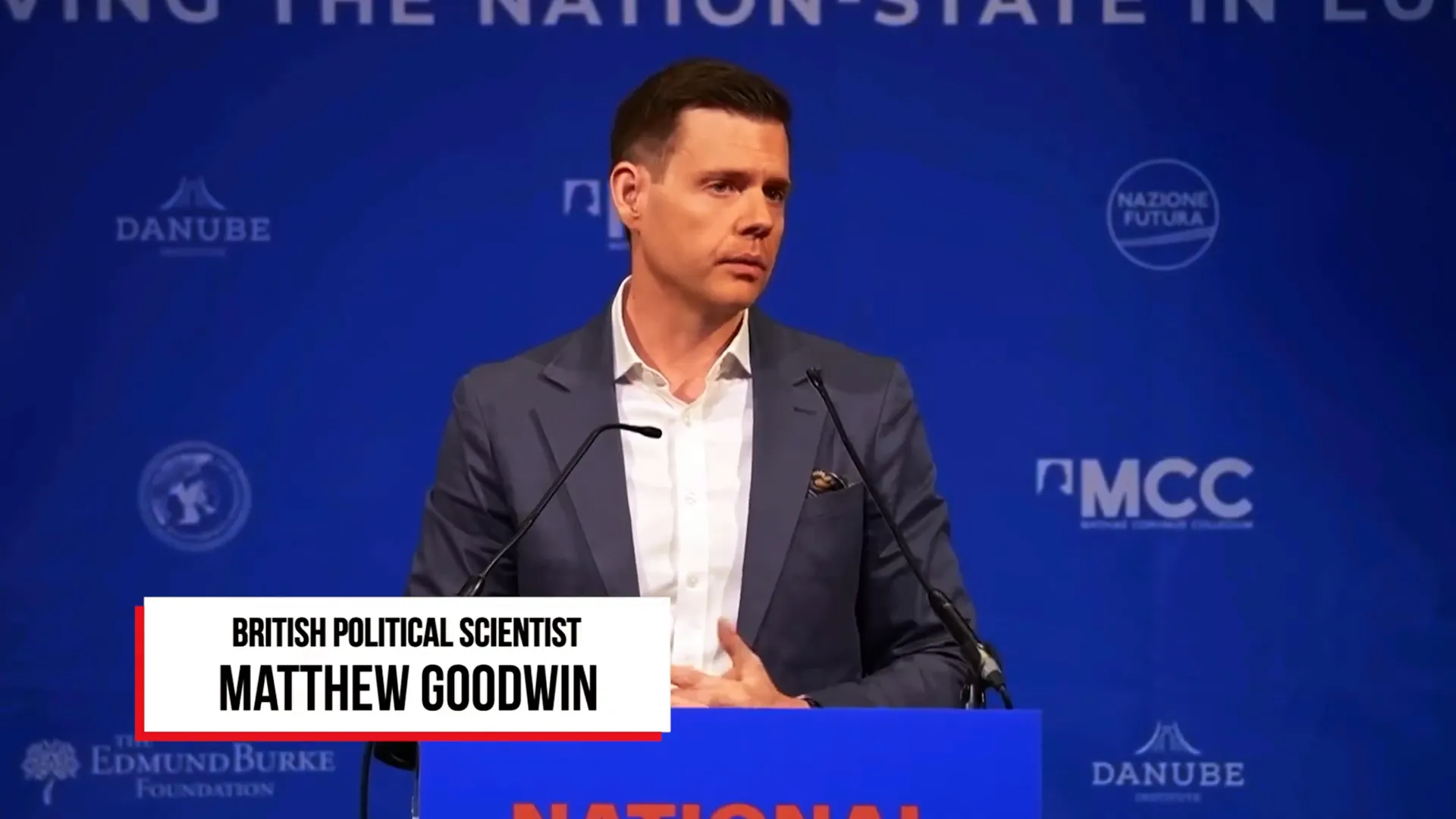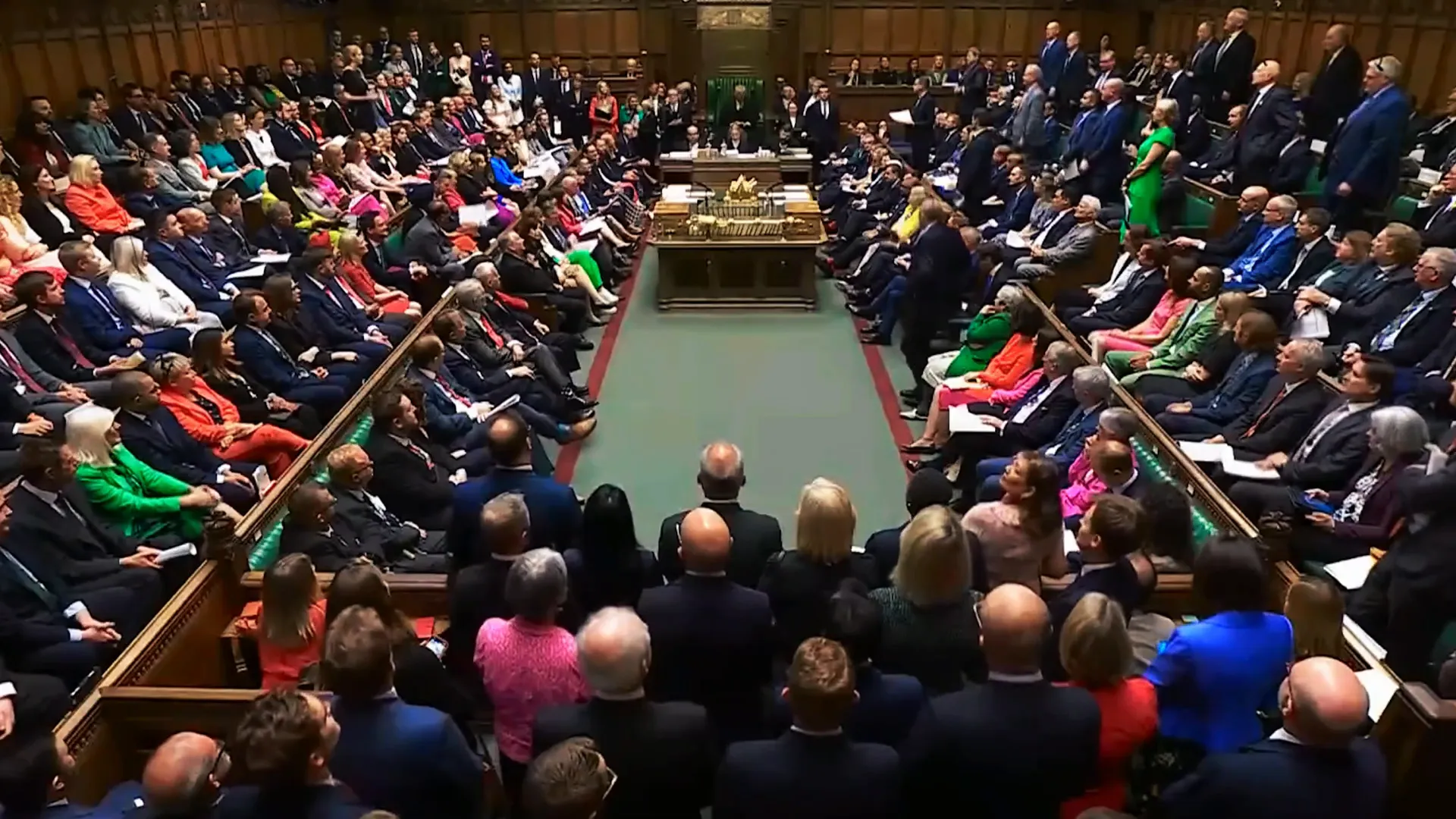The Brexit vote in 2016 marked a significant turning point in British politics, and its implications continue to unfold. In the years since, there has been a growing sense that the political class, spanning both major parties, has largely missed the point of what the British public was trying to communicate through their vote. This blog explores the consequences of that misunderstanding and the ongoing political evolution that Brexit has sparked.
The Political Class’s Misinterpretation of Brexit
One of the most striking observations since the Brexit vote is how both the Conservative and Labour parties have failed to grasp the essence of the decision made by the British people. Instead of taking the opportunity to address the issues that led to the referendum, the political leadership has, in many ways, continued along the same path.
For instance, the Conservative Party has not only failed to lower immigration but has instead seen it rise to unprecedented levels. The promise to control national borders has not been fulfilled; rather, there has been a significant loss of control. This failure to act on the public’s desire for change has left many feeling disillusioned.

Power Dynamics and Ideological Shifts
Another critical aspect of this political landscape is the concentration of power within the political elite. Instead of empowering the people, the political class has hoarded power, making decisions that often seem disconnected from the needs and desires of ordinary citizens. This has been coupled with a concerning trend: the mainstreaming of radical ideologies, such as gender ideology and critical race theory, into public institutions like schools and the National Health Service.
The implications of these ideologies are profound. Children are being taught to view their national identities with shame rather than pride, fostering a narrative that positions British identity as a liability rather than an asset. This educational shift raises questions about the future of national identity and cohesion.

The Reality of Immigration Post-Brexit
When Boris Johnson promised to lower immigration through an Australian-style points system, many believed it would lead to a more selective and beneficial approach to migration. Unfortunately, the reality has been quite different. Instead of high-skilled, high-wage individuals entering the country, the UK has seen an influx of low-skilled, low-wage immigration.
This shift has significant economic repercussions. Studies consistently show that low-skilled migration from outside Europe can be a net fiscal cost rather than a benefit. This situation has been described as an attempt to “plug the holes” in the economy without addressing the underlying issues, such as the struggles of the social care system, the NHS, and the education sector.

The Voice of Ordinary People
A critical concern in this political climate is the absence of the voices of ordinary citizens in discussions that shape their lives. Many feel that their perspectives and experiences are overlooked by those in power. This disconnect has fueled frustrations and a sense of betrayal, particularly among those who believed that Brexit would lead to genuine change.
What began with Brexit is far from over; it is merely the beginning of a broader political revolution. The desire for a government that reflects the values and needs of the British people is growing, and the failure of the political class to recognize and act on this sentiment could have significant implications for the future.

Conclusion: The Ongoing Political Revolution
As the political landscape continues to evolve post-Brexit, the need for real change becomes increasingly urgent. The political class’s failure to understand the implications of the Brexit vote represents a broader disconnect that must be addressed. It is essential for politicians to engage with the public, listen to their concerns, and work towards a political system that truly represents the values and aspirations of the British people.
In this context, it is clear that the journey following Brexit is just beginning. The call for a political revolution that prioritizes the needs of ordinary citizens over the interests of big business and political elites will only grow louder in the coming years. For those interested in diving deeper into these issues, further insights can be found in the full video titled “Mass Immigration & National Identity: Unseen Consequences for the UK & US | Political Insights” on YouTube.
Engagement and awareness are vital in shaping the future of British politics. If you found this discussion insightful, please consider liking and subscribing to spread awareness. Your thoughts and engagement are crucial in fostering a more informed and active public discourse.
